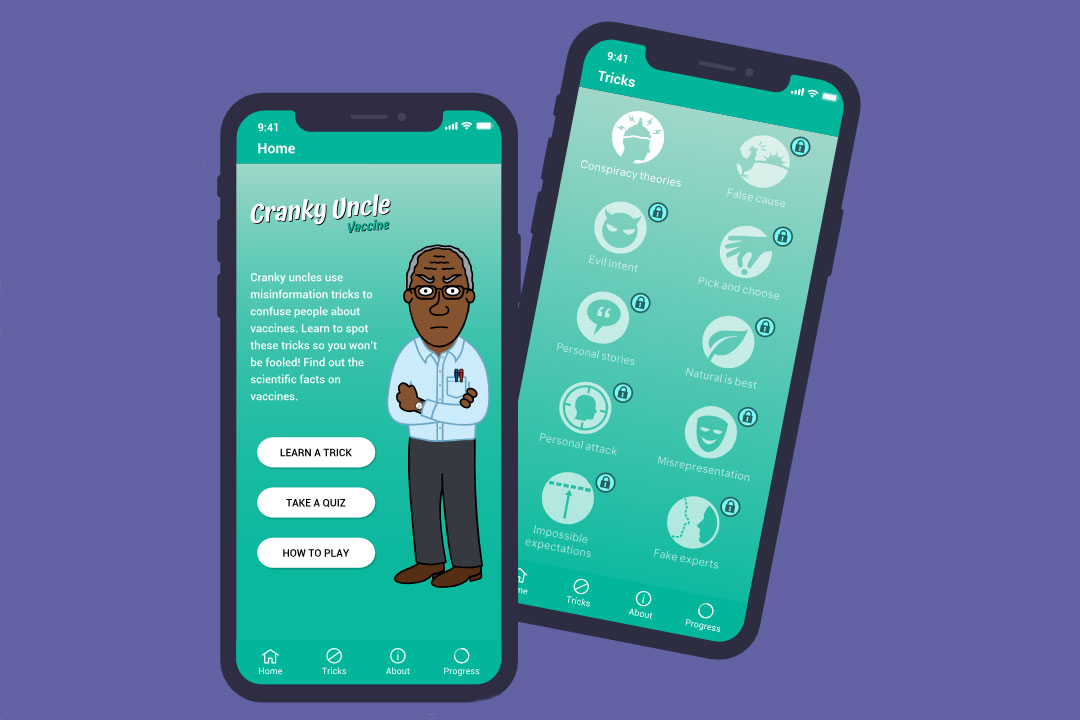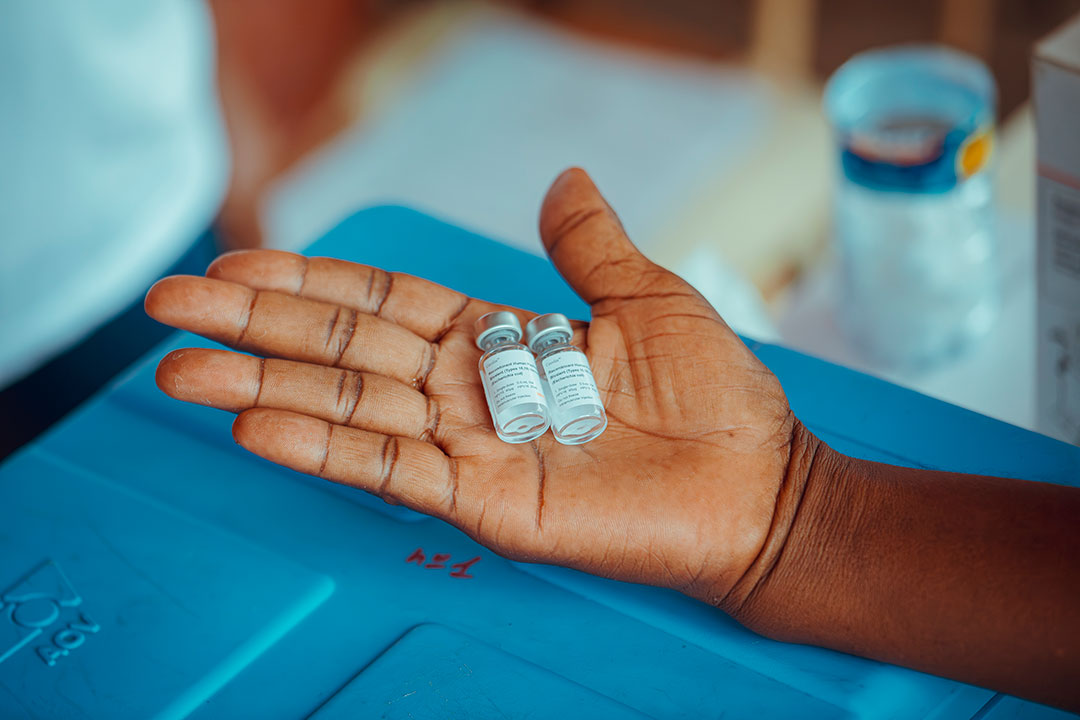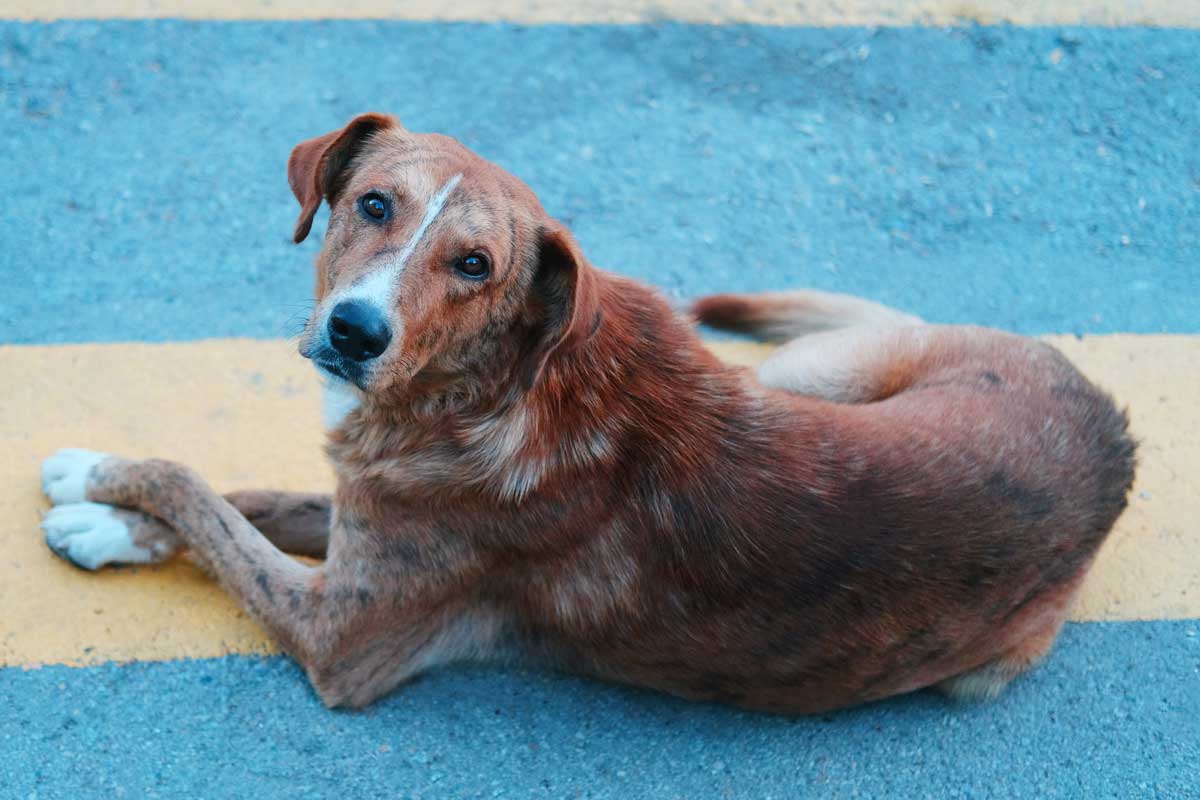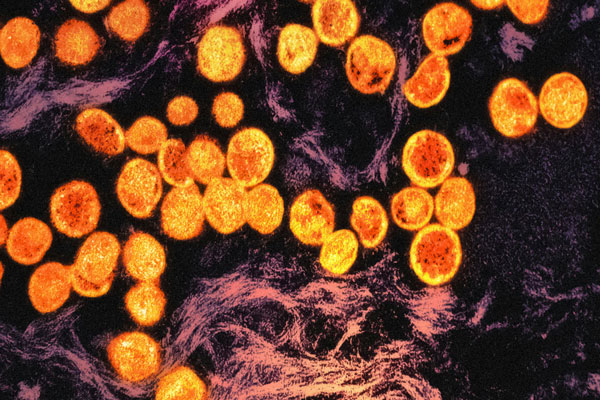Brazil rushes out dengue vaccine amid country’s biggest-ever outbreak
Global warming and El Niño together are causing one of the worst outbreaks of dengue the region has ever seen, prompting a rush to roll out vaccines.
- 29 February 2024
- 4 min read
- by Priya Joi
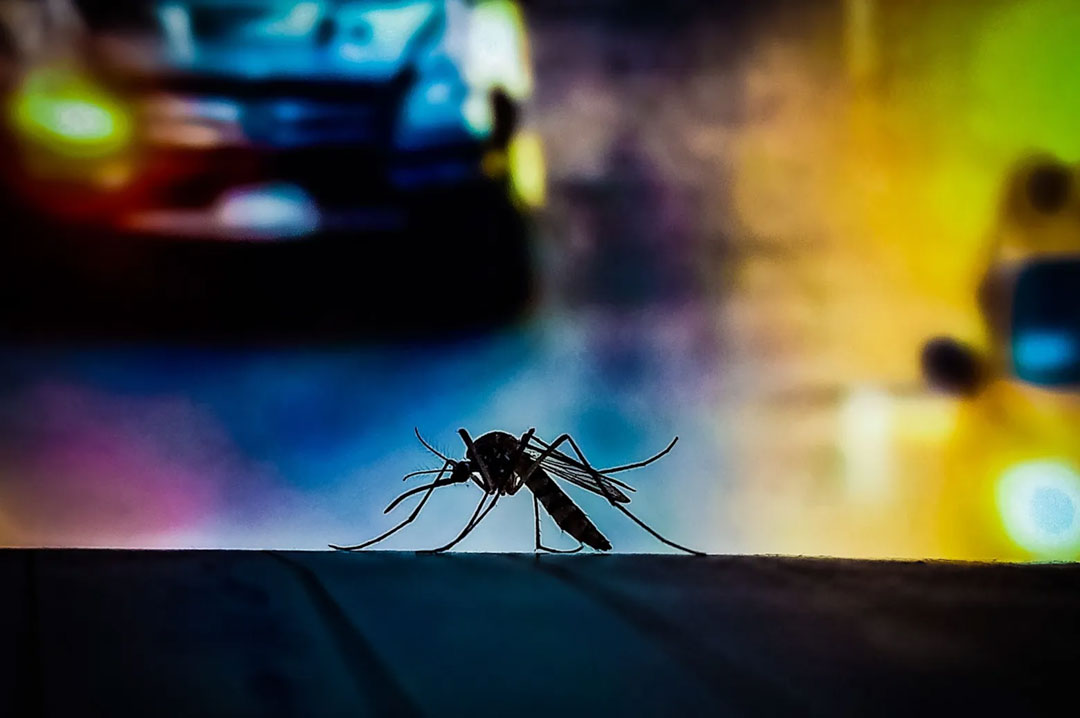
Scientists' predictions that climate change would cause a massive surge in dengue cases worldwide, with one in two of us at risk, are becoming a reality, as Latin America sees an unprecedented level of cases.
Brazil, in particular, is experiencing a mammoth outbreak of dengue fever, the mosquito-borne disease that can be fatal, prompting Rio de Janeiro and other densely populated parts of the country to declare public health emergencies.
In the first few weeks of 2024 alone, Brazil reported nearly 600,000 cases of dengue – an increase of nearly 200% compared to the same period in 2023.
Rising temperatures and unusually heavy rains create conditions that are ideal for the Aedes aegypti mosquito that spreads the dengue virus.
The dengue virus can cause a severe flu-like illness and can be lethal if people develop dengue haemorrhagic fever. The main symptoms are a high fever, headache, body aches, nausea and rash. People can also have severe, painful muscle spasms, which is why dengue used to be called "breakbone fever".
Rising temperatures and unusually heavy rains create conditions that are ideal for the Aedes aegypti mosquito that spreads the dengue virus (as well as Zika virus and chikungunya) to rapidly multiply.
This spike in cases came just as Brazil was celebrating carnival, for which, each year, nearly two million tourists descend onto the streets of Rio. Like the Zika virus, which is carried by the same mosquito, dengue can be especially dangerous for pregnant women because they can pass on the virus to their unborn babies, causing premature birth, low birth weight or the death of the foetus.
Relaying public health messages during carnival has been challenging. Advice from authorities has centred on trying not to get bitten by wearing clothes that cover the body, such as long pants and sleeves – the opposite of the standard dress code for festival-goers, admits Dr Katherine O'Reilly, Regional Medical Director at International SOS, a health risk analysis company.
Have you read?
Dengue cases have been soaring for the last two decades, according to the World Health Organization (WHO), which says that from 2000 to 2019, cases jumped ten-fold from 500,000 to 5.2 million. Latin America accounts for 80% of those cases, and the surge in Brazil has been mirrored in Argentina, Uruguay and Paraguay.
Dr Gabriela Paz-Bailey, chief of the dengue branch at the division of vector-borne diseases at the Centers for Disease Control and Prevention (CDC), told the New York Times that she expected spikes in dengue infections in Puerto Rico this year as well as on the continental United States, especially in Florida, Texas, Arizona and Southern California. In response to the outbreak, Brazil is rushing to roll out a newly approved tetravalent dengue vaccine named Qdenga (TAK-003, made by Japanese pharmaceutical Takeda). The government has bought 5.2 million doses, with another 1.32 million doses provided at no cost to the country.
In the meantime, Brazil has dispatched public health experts to hunt through dengue hotspots for standing water where mosquitoes might have laid their eggs. When they find mosquitos and larvae, they test them for dengue, and if the tests come back positive, the health experts spray the nearby walls with insecticide.
Ethel Maciel, head of health surveillance at Brazil's Health Ministry, says that they are seeing the circulation of four dengue virus serotypes at the same time, one of which authorities had not seen in 15 years.
Climate change has been blamed for this latest surge in dengue across the Americas, a s has El Niño, a sporadic warming of part of the Pacific that shifts weather patterns across the globe, as both can cause spiking temperatures and heavy rainfall.
WHO also points to fragile health systems, and political and financial instabilities in countries facing complex humanitarian crises and high population movements. These factors "challenge the response to the epidemic and the risk of further spread to other countries," the agency adds. WHO warned that "weakness in the surveillance systems in many affected countries may have led to delayed reporting and response, and missed identification of symptoms, contributing to increased severe dengue outcomes."
As for Brazil, as large dengue outbreaks are predicted for the foreseeable future, the country might benefit from being able to supply its own vaccines so as not to depend on imports. At a meeting with Brazil's President Lula da Silva, WHO Director-General Dr Tedros Ghebreyesus suggested that that may not be far off. Results of phase 3 trials published in this month's New England Journal of Medicine showed that the Butantan-Dengue Vaccine, a single-dose vaccine produced by the Butantan Institute in Sao Paolo state, is 79% effective for all age groups between 2 and 59, and for people with or without a previous dengue infection.
